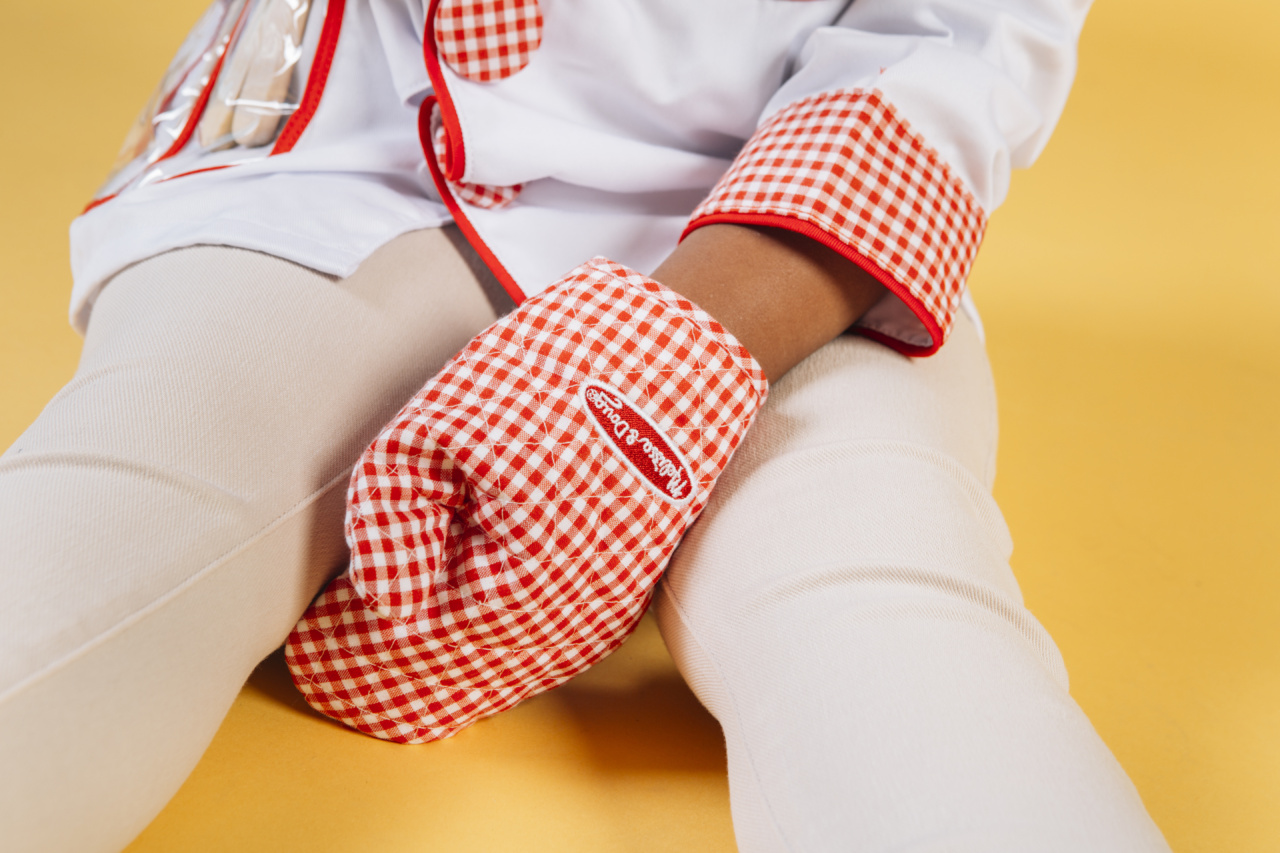Enzymes are biological molecules that act as catalysts in various chemical reactions. They play a crucial role in many industries, including detergents, food production, and cosmetics.
Enzymes added to these products help to break down complex substances, improve performance, enhance flavors, and extend shelf life. However, some individuals develop allergies or sensitivities to these enzymes, which can lead to adverse reactions. In this article, we will examine enzymes commonly found in detergents, food, and cosmetics, and explore their role in causing allergies.
The Role of Enzymes in Detergents
Detergents are essential for cleaning our clothes, dishes, and household surfaces. Enzymes are often added to detergents to enhance their stain-removing properties.
Protease enzymes, for example, break down protein-based stains like blood, sweat, and grass. Amylase enzymes target starch stains, while lipase enzymes tackle grease and fat stains.
These enzymes work by speeding up the breakdown of complex stains into smaller, soluble fragments. They are particularly effective in removing stubborn stains that traditional detergent ingredients alone may struggle to eliminate fully.
Allergies to Enzymes in Detergents
While enzymes offer numerous benefits in detergents, they also have the potential to cause allergies in susceptible individuals.
Enzyme allergies are not widely recognized or understood, but they can result in various symptoms, such as skin irritation, itching, redness, and even respiratory issues.
One of the primary reasons behind these allergies is the ability of enzymes to penetrate the skin barrier and activate the immune system.
When the immune system detects the enzymes as foreign substances, it may trigger an allergic response, leading to the aforementioned symptoms.
Enzymes in Food Production
The food industry also extensively utilizes enzymes to improve various processes and enhance product quality. Enzymes are commonly used in baking, brewing, dairy production, and meat tenderization, to name just a few applications.
In baking, enzymes such as amylase and protease help break down carbohydrates and proteins, respectively, leading to improved texture, increased volume, and prolonged freshness in bread and other baked goods.
In brewing, enzymes convert starches into fermentable sugars, essential for the fermentation process, and alcohol production.
Allergic Reactions to Enzymes in Food
Similar to detergents, the presence of enzymes in food can cause allergic reactions in sensitive individuals.
These reactions can range from mild symptoms, such as oral itching or hives, to more severe reactions like difficulty breathing or anaphylaxis.
It is worth noting that most enzyme allergies in the context of food are associated with the consumption of raw or undercooked fruits and vegetables.
These natural sources of enzymes may contain higher concentrations, increasing the likelihood of triggering an allergic response in susceptible individuals.
Enzymes in Cosmetics
Cosmetics, including skincare products, hair care products, and even toothpaste, often incorporate enzymes for various benefits. Protease enzymes, for instance, are used to exfoliate the skin by breaking down dead cells and improving cell turnover.
In hair care products, protease enzymes can help remove excess oil, residue, and build-up from the scalp, leading to cleaner hair and a healthier scalp environment.
Enzymes are also utilized in some toothpaste formulations to remove plaque and stains from teeth.
Skin Reactions and Allergies to Enzymes in Cosmetics
While enzymes can provide desirable effects in cosmetics, they can also trigger allergic reactions in certain individuals. Skin irritation, redness, itching, and swelling are common symptoms associated with enzyme allergies in cosmetics.
As with detergents and food, the immune system’s response to enzymes in cosmetic products plays a vital role in the development of allergies.
The specific enzymes used and their concentration in the product can influence the likelihood of an allergic reaction occurring.
Preventing and Managing Enzyme Allergies
For individuals sensitive or allergic to enzymes, prevention is key. Reading product labels, avoiding contact with known allergens, and opting for enzyme-free or hypoallergenic products can help reduce the risk of exposure.
In cases where an allergic reaction occurs, seeking medical advice is crucial. Allergy testing can help determine the specific enzyme causing the allergy, enabling individuals to avoid or minimize contact with the culprit.
Additionally, using topical or systemic antihistamines and topical corticosteroids may alleviate symptoms.
Conclusion
Enzymes play a significant role in the functionality and performance of detergents, food, and cosmetics.
While they provide various benefits, including enhanced cleaning power, improved texture, and extended shelf life, enzymes can also cause allergies in some individuals. Understanding the role of enzymes in these products and recognizing the symptoms of enzyme allergies is essential for managing and preventing adverse reactions.






























